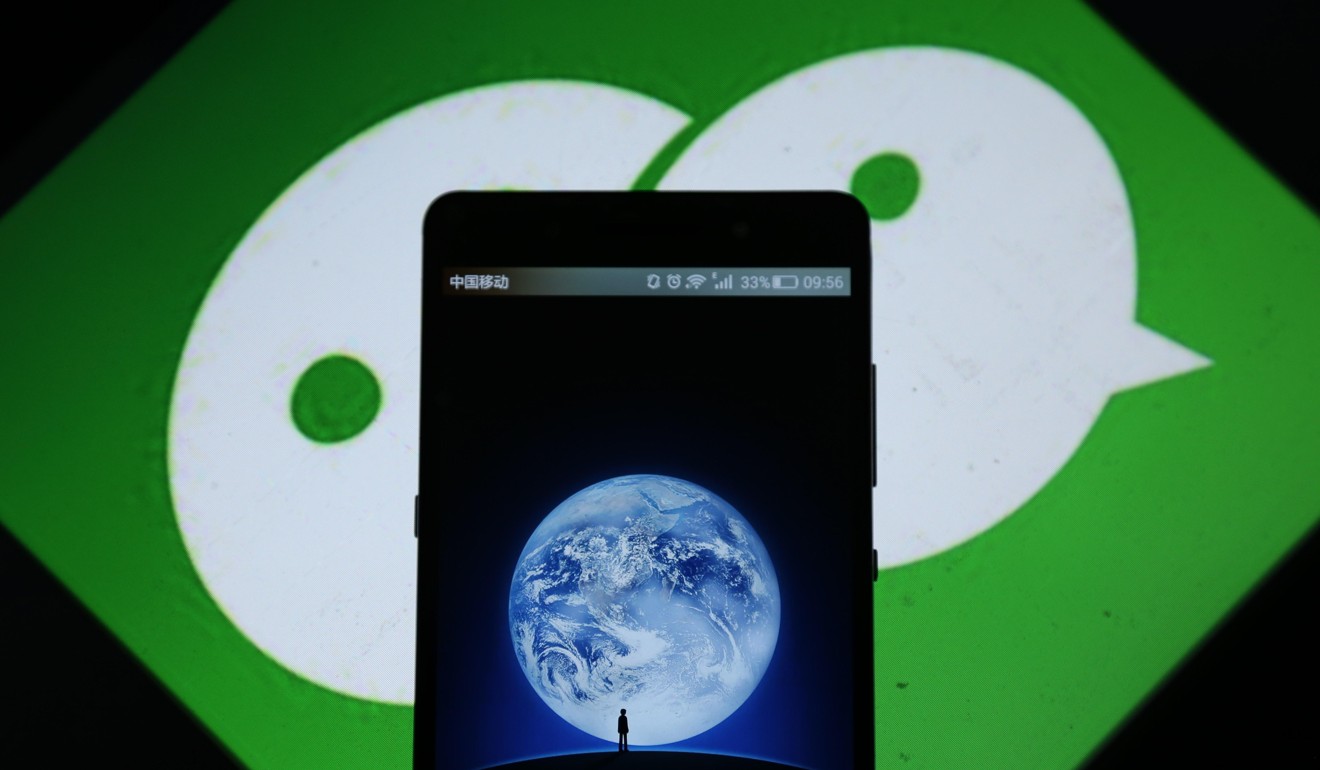
Mandarin robocalls are flooding US cities. It’s a scam to get bank information, officials say
The scammers, who also use WeChat, appear to be targeting Chinese immigrants living in the United States or people with Chinese-sounding last names
If you live in Washington or another US metropolitan area, you may have noticed that you’re on the receiving end of a barrage of Mandarin robocalls.
The calls bring alarming news, and federal regulators and law-enforcement agencies say the automated messages are part of a nationwide scam targeting Chinese communities in the United States.
The spam callers say they have urgent business on behalf of the Chinese consulate, according to complaints received by the Federal Trade Commission.
They share a story that grabs your attention: You have a package ready to be picked up at the Chinese consulate office, or you need to hand over information to avoid legal trouble.
In either case, the FTC says, the callers ultimately ask for your credit card information, or to make a bank transfer to their accounts.
According to the FTC and the actual Chinese consulate, the scammers appear to be targeting Chinese immigrants living in the United States or people with Chinese last names.
Random consumers in areas that have sizeable Chinese populations have also been called, according to the Federal Communications Commission.

In an example of the ever-evolving tactics of fraudsters, the callers are also using WeChat, the Chinese social-media platform, to target Chinese students, pressuring them into making electronic payments through the app, according to the Chinese consulate in New York.
On Facebook and Twitter, users who say they have received the calls expressed frustration over the spam. Some users reported that the unwanted calls persist despite blocking specific numbers from coming through.
And others who do not speak Mandarin but nonetheless understood that the calls were scams voiced bewilderment after being haphazardly targeted.
“I’ve received six calls in Mandarin in the last two days. Apparently shouting ‘DO NOT CALL LIST’ to them does not translate,” one person tweeted. “Landed. Turn off aeroplane mode. Voice mails. Lots. Maybe it’s exciting things and opportunities. No. It’s the Chinese robocalls!” another said.
Armed with an urgent, official sounding request, scammers have successfully preyed on dozens of people in the United States.
In a warning issued by the FCC about the calls earlier this month, the agency said more than 30 people in New York City have been swindled by the callers, losing an estimated US$3 million, citing a news report from NPR.
The callers may also be using what’s known as “spoofing” technology. Spoofed calls can fake caller ID numbers, making them appear familiar, like a person calling from your hometown, or in this case, the Chinese consulate.
“To verify the authenticity of such a call, you can contact your local Chinese consulate directly by looking up their contact information in a phone directory or on an official website,” the FCC said in its advisory, which has a translated version for foreign-language speakers who may be targeted.
Chinese consulates across the country have posted warnings about the scams on their websites.
Police departments in New York and San Francisco have also flagged the robocall ploy to residents.
Brianna Jordan, a spokeswoman for the Washington police said law enforcement officials in the District are aware of the robocalls, referring people who may have been victimised to the Financial Crimes unit.
Washington police have reached out to the local Asian community and other communities to warn against fraudulent robocalls and to explain how people can protect themselves from being scammed, she said.
The FTC recommends that if you get a call or message from someone claiming to be from the Chinese consulate and requesting your bank information, to hang up or delete it and contact the FTC.
“If you have business with the real Chinese consulate and you’re worried, contact the real Chinese consulate by looking up your local office’s number. But, whatever you do, don’t give out your information – or your money – to anyone who contacts you out of the blue.”
More than half of all complaints received by the FCC come from unwanted calls.
The agency says that it fields more than 200,000 such complaints each year. According to 2016 estimates, Americans received about 2.4 billion robocalls every month.

